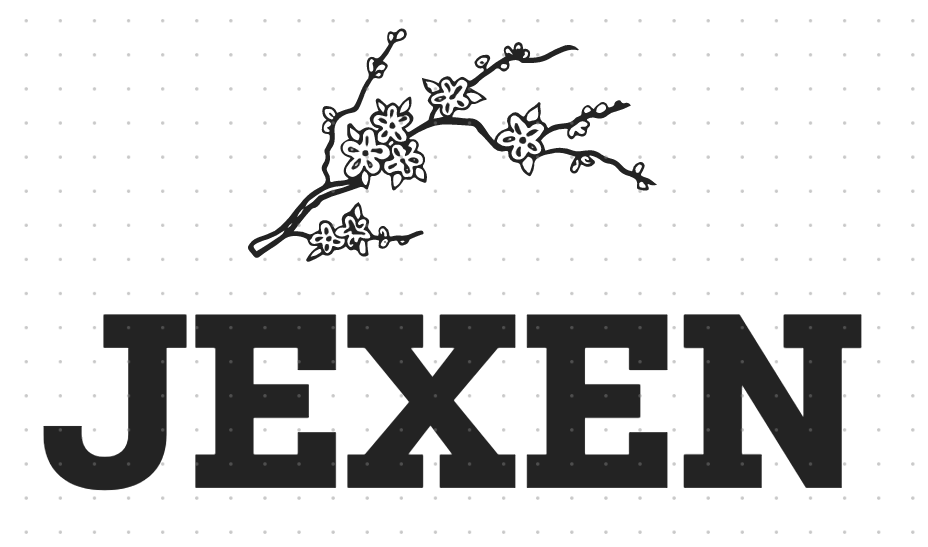Doing business in Japan can be a rewarding and profitable venture, given its robust economy, advanced technology, and the high purchasing power of its consumers. However, breaking into this highly sophisticated market requires a solid understanding of its unique business environment, cultural nuances, and distribution networks. One of the key aspects of successfully establishing a business in Japan is finding the right distributor, a process that is both vital and challenging.
## Importance of Finding a Distributor in Japan
Finding a distributor in Japan is important for several reasons:
1. **Market Access**: Distributors have an established network of retailers and a deep understanding of the local markets, which can prove invaluable for foreign companies seeking to penetrate the Japanese market.
2. **Logistical Support**: Distributors handle many logistical tasks such as warehousing, inventory management, and transportation, thereby relieving foreign companies of these burdens.
3. **Marketing and Sales Expertise**: Japanese distributors have a strong understanding of local consumer preferences and behaviour. They can help tailor marketing strategies to the Japanese market, helping your product to resonate better with local consumers.
4. **Regulatory Compliance**: Japanese business regulations can be complex and difficult to navigate for foreign companies. Distributors, being familiar with these regulations, can ensure that your business operations remain compliant.
5. **Customer Service**: Distributors often offer after-sales service, handling any consumer issues or inquiries. This is a crucial aspect of business in Japan, where high-quality customer service is expected.
## Difficulties in Finding a Distributor in Japan
Despite the numerous advantages, finding a suitable distributor in Japan can be a challenging task:
1. **Cultural Differences**: Japanese business culture is unique, with a strong emphasis on long-term relationships, respect, and trust. This can make it difficult for foreign companies to negotiate and establish partnerships.
2. **Language Barrier**: While English is commonly spoken in business environments, many Japanese distributors primarily conduct business in Japanese. This can pose a challenge for foreign companies that are not proficient in the language.
3. **Market Saturation**: Japan is a highly competitive market with numerous domestic and foreign brands. This can make it difficult to find a distributor willing to take on new, unknown brands.
4. **Slow Decision-Making Process**: Japanese businesses often have a hierarchical structure and decision-making can be a slow, consensus-driven process. This can lead to delays in establishing a distributorship agreement.
Despite these challenges, the reward of successfully establishing a distribution network in Japan can be significant.


